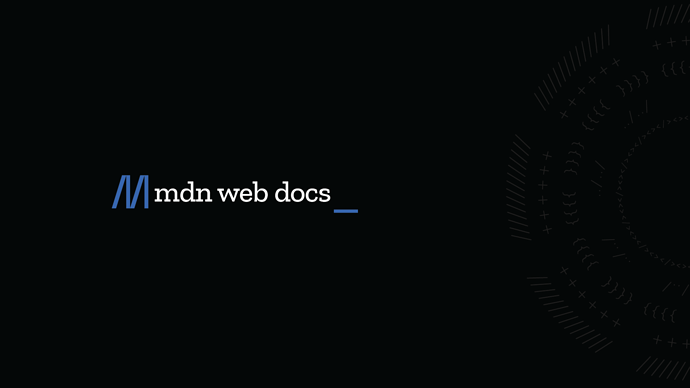Stimulating user growth to my mind, in the first place would mean trying to avoid the initial frustration when your work is not saved. I could witness that several times in my work as a teacher. Even after explaining and telling students three times “remember to save ath the end” there is many students who close without saving, reload - or simply click back and loose all the work. I can imagine we loose three potential new users of four with these problems a way to cure this could be:
- Add a more intense warning, that as long no way of saving is organized the wiki has to be saved manually at the end.
- Add a different naming mechanism for the download-saver. At the moment, even after adding data the file is called empty(2).hmtl when save with the download-saver (I would call the download to start “fresh” not “empty” anyway). But it would be best to automatically name downloads after the title of the wiki plus the datestamp.
The alternative to these changes would be to
- Propose a hosting site like Tiddlyhost as the best way to start - or at least add a link to a service like that right next to the download empty button. TW could still mention, that all the data can be downloaded as a funktional wiki.
or - to start with browserstorage enabled (and explain that this is not really safe either…)
Another thing would be:
- to avoid the backbutton disaster, permalinks should be switched on by default when you start.
- Perhaps the Edit button in the Tiddlercontrols should be hidden by default, if no username is set.

